Dealing with drug addiction is no doubt an uneasy lifestyle to keep up with. Addiction can lead you to make risky decisions, even life-threatening choices, just to get yourself to have whatever you are addicted to. But you can become better. This is why you must take that step today to escape the shackles of substance abuse and addiction gradually.
This journey may be challenging, but with determination and the right support, it can lead to a brighter and more fulfilling future.
Understanding the underlying causes of substance abuse and addiction, seeking effective treatment, and committing to recovery can empower you to overcome this disease and reclaim your life.
So, stick around and be engaged in every bit of the information this article has in it if you want to be free from the shackles of substance abuse and addiction.
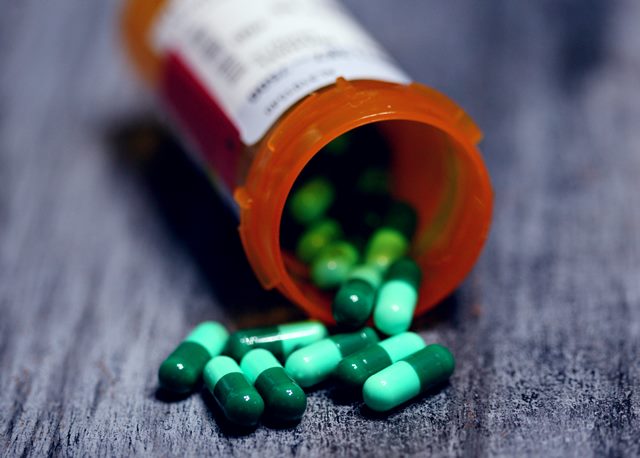
What Does Substance Abuse and Addiction Mean?
Substance abuse is the problematic use of alcohol or hard drugs like heroin, cocaine, marijuana, and meth in harmful ways. It also entails failing to meet work, school, or family responsibilities due to drug or alcohol use.
Addiction, on the other hand, is a chronic and relapsing brain condition characterized by compulsive drug seeking and use despite negative consequences. Drug addiction is often accompanied by a range of physical, psychological, and emotional symptoms, including tolerance, withdrawal, and craving.
Individuals with addiction strongly desire to use drugs or alcohol despite the negative consequences. Their drug-seeking behavior may become the primary focus of their lives.
Although they are intertwined, substance abuse and addiction are not the same. A person can abuse a drug without becoming addicted. But substance abuse can lead to addiction.
Read: Does Vaping Have Risks?
Innovative Tech Solutions, Tailored for You
Our leading tech firm crafts custom software, web & mobile apps, designed with your unique needs in mind. Elevate your business with cutting-edge solutions no one else can offer.
Start NowNegative Consequences of Substance Abuse and Addiction
Here are some of the harmful effects of abusing drugs or becoming addicted:

Physical Consequences
Substance abuse and addiction can have a profound impact on an individual’s physical health.
Long-term drug or alcohol use can lead to various health problems, including liver and kidney damage, heart disease, and respiratory problems.
Research has also shown that drug or alcohol abuse and addiction can also increase the risk of HIV and other sexually transmitted infections. In addition, abusing drugs may lead to an increased risk of accidents, overdose, and death.
Psychological Consequences
Drug or alcohol abuse and addiction can negatively affect an individual’s mental health, leading to conditions such as anxiety, depression, and PTSD. Abusing hard drugs like cocaine, heroin, and marijuana or becoming addicted can also interfere with cognitive functioning, leading to problems with memory, attention, and decision-making.
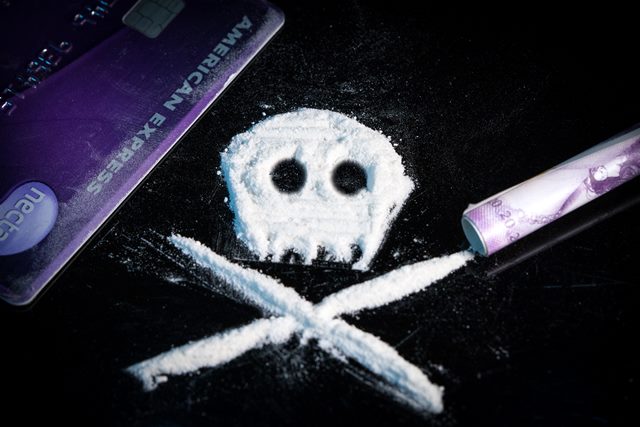
Social Consequences
Your relationships could also be at risk if you abuse drugs or become addicted. This can lead to strained or lost relationships with friends and family members. Substance abuse and addiction can increase the risk of homelessness, poverty, and unemployment.
Financial and Legal Consequences
Substance abuse and addiction can also have serious financial and legal consequences. This includes increased risk of bankruptcy, debt, and legal problems such as arrest and incarceration. Substance abuse and addiction can also lead to an increased risk of job loss and decreased productivity, further exacerbating financial difficulties.
Causes of Substance Abuse and Addiction
Drug abusers or addicts have different stories to tell of how it all began.
Seamless API Connectivity for Next-Level Integration
Unlock limitless possibilities by connecting your systems with a custom API built to perform flawlessly. Stand apart with our solutions that others simply can’t offer.
Get StartedUnderstanding the causes of substance abuse and addiction is essential for individuals seeking to overcome this disease and for loved ones who are supporting them in their journey toward recovery.
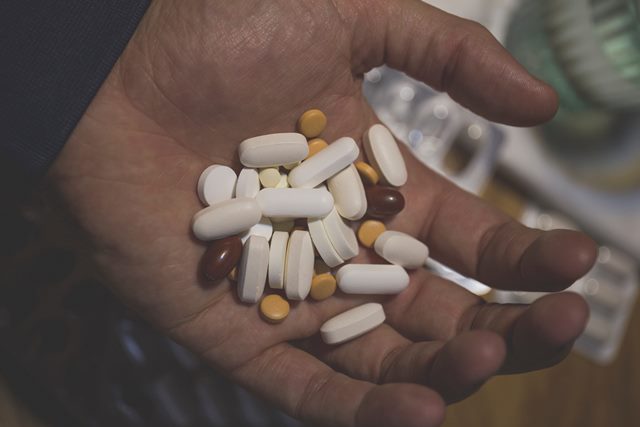
So, what are the causes of substance abuse and addiction?
Biological Causes
Substance abuse and addiction can be caused by genetic, neurological, and environmental factors. Some research has shown that certain genetic factors can increase the likelihood of substance abuse and addiction.
On the other hand, neurological changes can alter the brain’s reward system and increase the risk of compulsive drug-seeking behavior. Environmental factors, such as exposure to drugs or alcohol at a young age, stress, and trauma, can also increase the risk of abuse and addiction.
Psychological Causes
Psychological factors, such as depression, anxiety, and trauma, can also cause abuse and addiction. Individuals who struggle with these conditions may turn to drugs or alcohol to cope with their symptoms.
Substance abuse and addiction can also perpetuate psychological symptoms, creating a dangerous cycle of drug abuse and psychological distress.
Social Causes
Social factors, such as peer pressure and the availability of drugs or alcohol, can also cause substance abuse and addiction. People surrounded by other substance abusers may be more likely to mirror this behavior.
The availability of drugs or alcohol can increase the risk of abuse and addiction as it becomes easier for individuals to access these substances.
Treatment for Substance Abuse and Addiction
Abusing drugs or alcohol and becoming addicted can have devastating consequences for individuals and those around them. Fortunately, effective treatments are available for individuals struggling with this condition.
Transform Business with Custom CRM & ERP Solutions
Elevate your operations with a CRM or ERP tailored for you. Let’s build the perfect solution that others can't replicate—crafted to match your business's needs like no other.
Get Started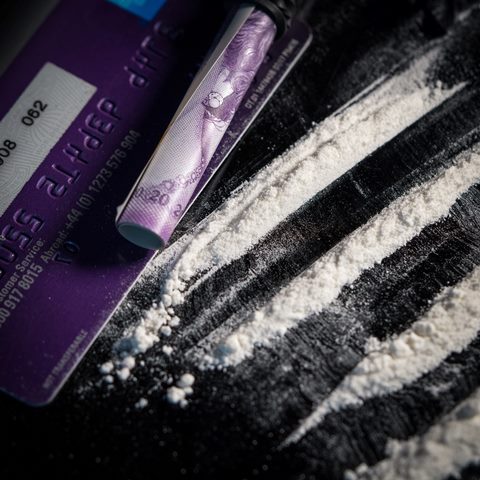
Therefore, as an individual seeking to overcome either substance abuse or addiction, you need to understand the treatment options. It is equally essential for loved ones who are supporting them in their journey toward recovery.
Here are some treatment options available for individuals who are willing to retrace their steps:
Detoxification
Detoxification, or detox, is the first step in the treatment of substance abuse and addiction. Detox involves the removal of drugs or alcohol from the body and can be a physically and emotionally challenging process.
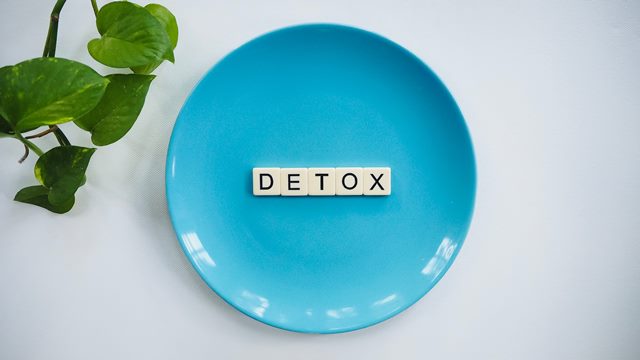
Detox is typically performed under medical supervision to ensure the safety and comfort of the involved individual.
Medications
Several medications can be used to treat drug abuse and addiction. These medications include opioid agonist medications, such as methadone and buprenorphine, and antagonists, such as naltrexone. These medications can help to reduce withdrawal symptoms, cravings, and the risk of relapse.
Behavioral Therapies
Behavioral therapies are an essential component of the treatment of substance abuse and addiction. These therapies can help individuals to understand the underlying causes of their condition while identifying triggers for drug use and developing strategies for managing cravings and avoiding relapse.
Common behavioral therapies for abuse and addiction include cognitive-behavioral therapy, contingency management, and motivational interviewing.
Support Groups
Support groups, such as Alcoholics Anonymous (AA) and Narcotics Anonymous (NA), can be an important part of the treatment of substance abuse and addiction.

These groups provide individuals with a supportive community of peers who have faced or face similar challenges and can offer guidance and support throughout recovery.
Tailored Tech Solutions to Drive Your Business Forward
Maximize your business potential with custom tech strategies. We deliver bespoke solutions that others can’t match, designed to solve your specific challenges with precision and impact.
Contact UsInpatient and Outpatient Treatment
Inpatient treatment programs typically provide 24-hour care and support in a controlled environment. On the other hand, outpatient programs offer more flexible mounting and treatment options for individuals who can continue with their daily lives while in recovery.
However, it is important to seek professional help from a qualified healthcare provider. The professional would assist you in creating a personalized treatment plan that meets the unique needs and goals of the individual.
Recovery from Substance Abuse and Addiction
Recovering from drug abuse and addiction is a complex and ongoing process requiring medical, behavioral, and emotional support.
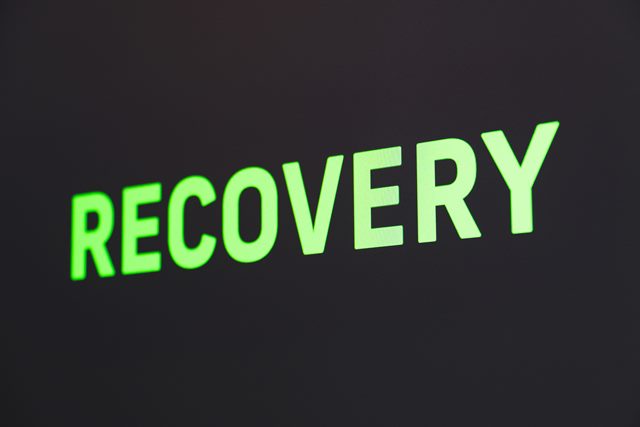
Understanding the recovery process and the challenges individuals may face can be helpful for individuals seeking to overcome this disease and for loved ones who are supporting them in their journey toward recovery.
Here are some tips to consider:
Continuing Treatment
This can include ongoing behavioral therapies, support groups, and medication management. The length and intensity of ongoing treatment may vary depending on the individual and their specific needs and goals.
Relapse Prevention
Relapse prevention involves identifying triggers for drug use and developing strategies to manage cravings and avoid relapse. This can include developing a support network, practicing self-care, and learning stress management techniques.
Building a Support System
This can include friends and family, support groups, and mental health professionals. A strong support system can provide individuals with encouragement and accountability. It also helps to reduce the risk of relapse.
Emotional and Mental Health
Substance abuse and addiction can profoundly impact an individual’s emotional and mental health. Recovering from substance abuse and addiction often involves addressing and treating co-occurring conditions, such as depression, anxiety, and trauma.
This can include individual therapy, group therapy, and medication management.
Self-Care
Self-care is an important aspect of recovery from drug abuse and addiction.
This can include engaging in physical activity, eating a healthy diet, getting adequate sleep, and practicing stress management techniques. Self-care can help to reduce stress, improve physical and emotional well-being, and reduce the risk of relapse.
Before you go…
Hey, thank you for reading this blog to the end. I hope it was helpful. Let me tell you a little bit about Nicholas Idoko Technologies. We help businesses and companies build an online presence by developing web, mobile, desktop, and blockchain applications.
We also help aspiring software developers and programmers learn the skills they need to have a successful career. Take your first step to becoming a programming boss by joining our Learn To Code academy today!
Be sure to contact us if you need more information or have any questions! We are readily available










